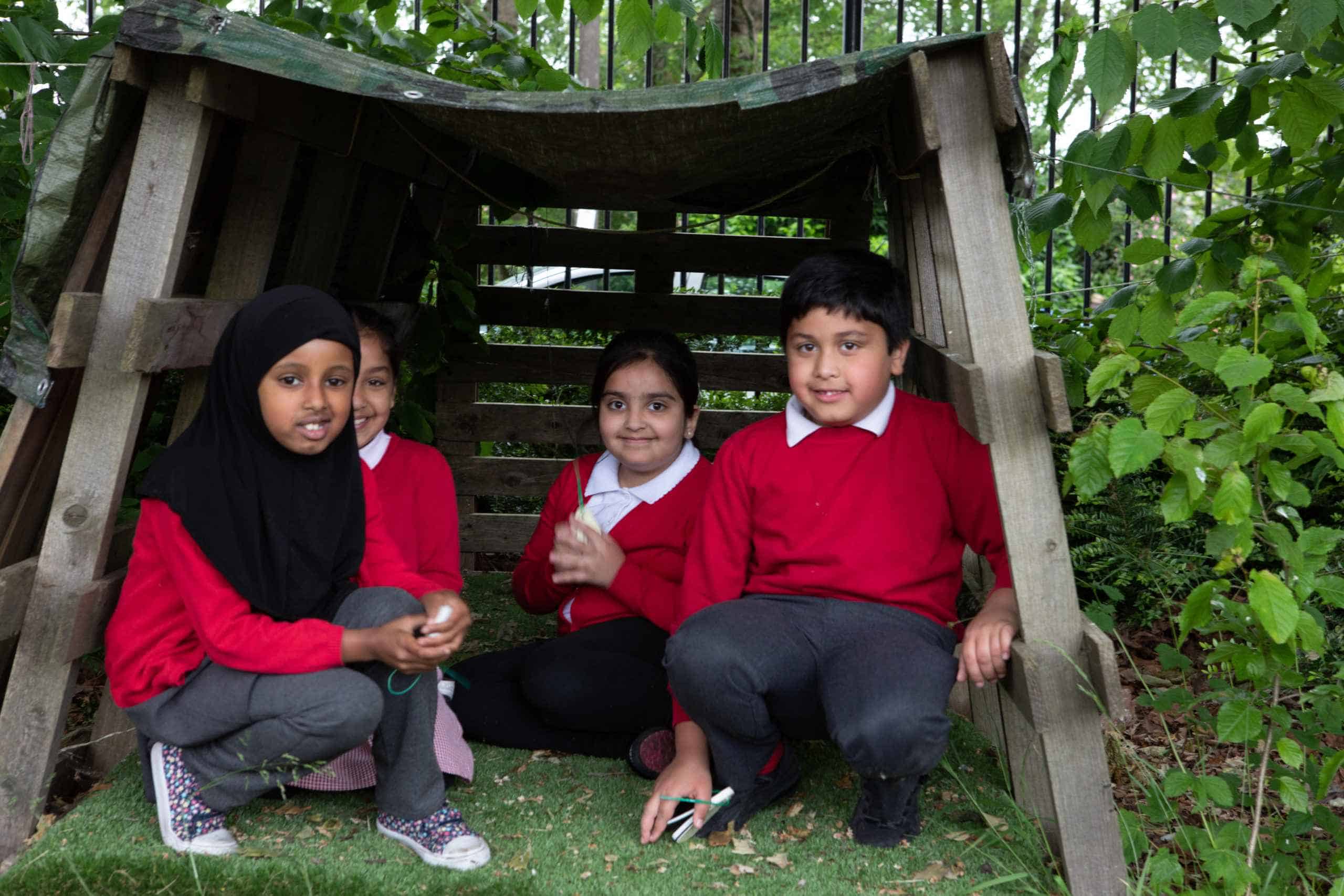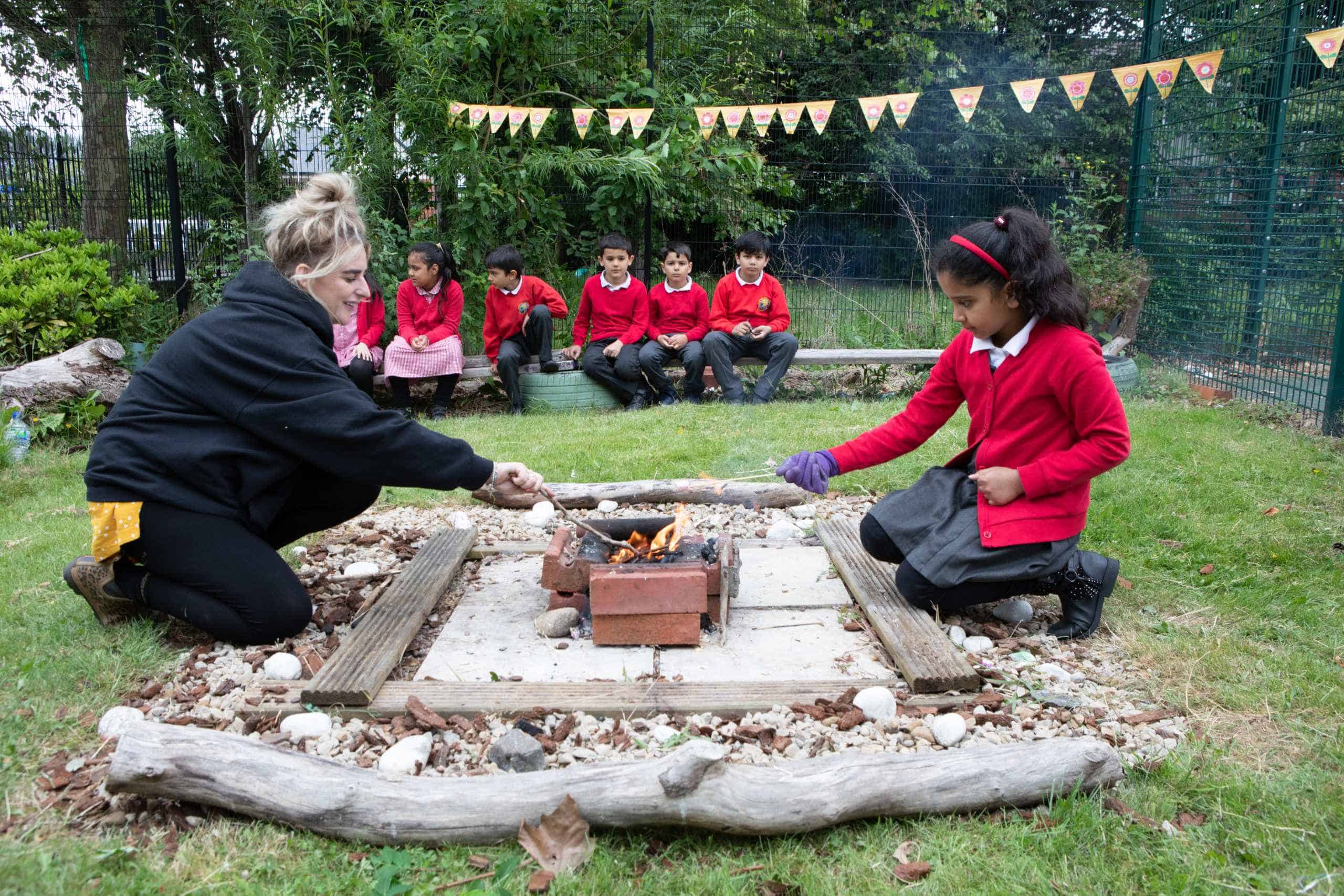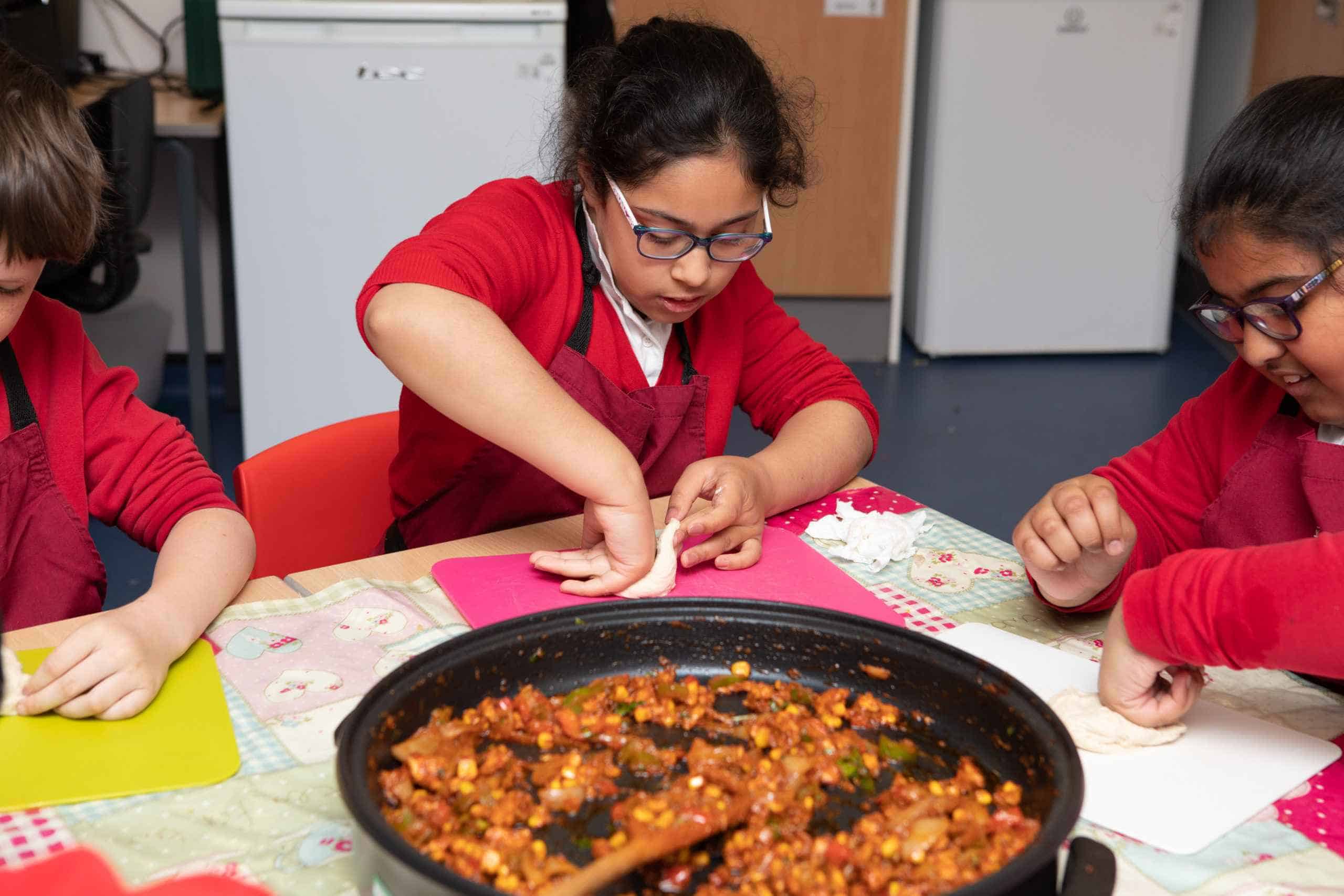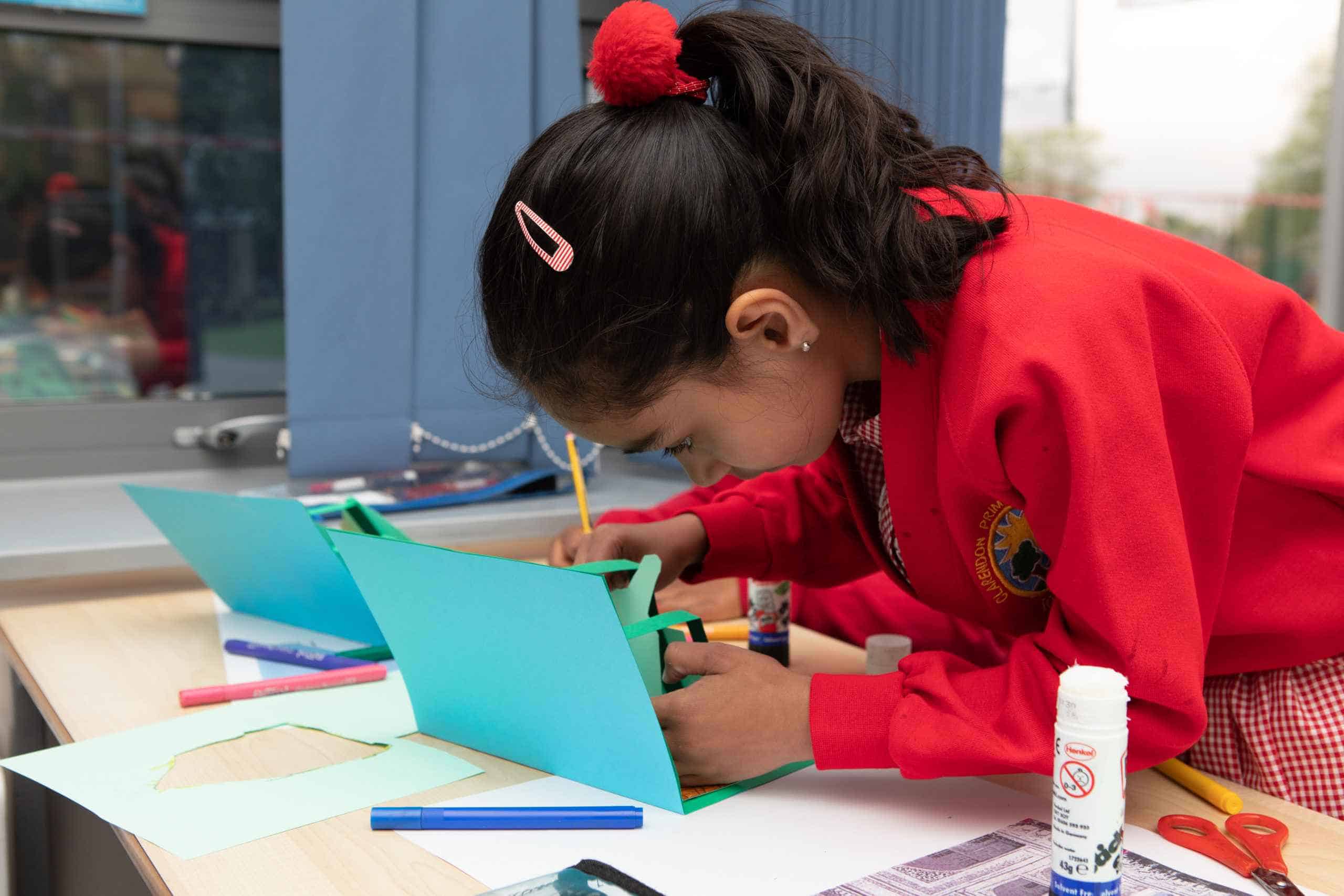



Foreign Languages (French)
Intent
At Clarendon Primary School we believe that the learning of a foreign language provides valuable educational, social and cultural experiences for our children. It helps them to develop communication skills, including key skills of speaking and listening and extends their knowledge of how language works. Currently, at Clarendon there are at least 30 different languages spoken with International New Arrivals joining the school bringing with them rich vocabulary and cultural awareness from around the world. Languages at Clarendon give children a new perspective on the world, encouraging them to understand their own abilities and those of others as well as gaining a sense of understand of the wider world.
Purpose of Study
The Purpose of Study has been developed for every child in Key Stage 2 regardless of ability. Foreign Languages is a statutory foundation subject.
‘Learning a foreign language is liberation from insularity and provides an opening to other cultures. A high-quality languages education should foster pupils’ curiosity and deepen their understanding of the world. The teaching should enable pupils to express their ideas and thoughts in another language and to understand and respond to its speakers, both in speech and in writing. It should also provide opportunities for them to communicate for practical purposes learn new ways of thinking and read great literature in the original language. Language teaching should provide the foundation for learning further languages, equipping pupils to study and work in other countries.’
National Curriculum Languages 2014
In accordance with the National Curriculum we aim, as a school, to ensure our children have the opportunity to:
• understand and respond to spoken and written language from a variety of authentic sources;
• speak with increasing confidence, fluency and spontaneity, finding ways of communicating what they want to say, including through discussion and asking questions, and continually improving the accuracy of their pronunciation and intonation;
• can write at varying length, for different purposes and audiences, using the variety of grammatical structures that they have learned;
• discover and develop an appreciation of a range of writing in the language studied.
• become global citizens with international, cultural understanding from all over the world, particularly Europe.
Implementation
We provide a curriculum where all children make, where from their starting points across the programme of study, progress. The Subject is led by the Subject Leader and curriculum team. They are responsible for driving forward standards of the quality of education in French through:
• rigorous, triangulation monitoring and evaluating French Half Termly
• pupil progress reviews across the whole school
• provision of French with support from the Salut Scheme of Work
• positive attitudes to learning
• short, medium and annual curriculum map ensure the curriculum has the necessary rigour
• pupil voice to ensure the curriculum is engaging and relevant
• taking the lead in policy development
• auditing and supporting colleagues in their CPD
• high quality resources
• keeping up to date with recent French developments with the support of PQ France and other learning organisations
• clear model of progression from Year 3-6
• peer coaching and team teaching
• links with other schools in Europe for twinned teaching
• KS1 French Club weekly
An Action Plan is created each year based upon previous year’s evaluation and links directly to the School Development Plan to drive the school forward in all areas of the Curriculum.
The French Curriculum is a balance of knowledge and skills demonstrating the development of understanding Clarendon enables children;
• to enrich learning for all children
• increase linguistic competence through regular timetabled MFL sessions
• promote positive attitudes to language learning through a range of learning activities
• develop listening skills and phonological awareness
• look towards opportunities for cross curricular links in year group planning
• promote cultural capital, develop cultural links and experiences
Knowledge, skills and understanding
There is a clear model of progression spanning from Year 3-6 structured by the National curriculum. Attainment Targets outlined in the Programme of Study for Languages relating to: listening and speaking skills; reading and writing skills and knowledge about grammar.
Speaking and Listening
The children will:
• encounter a range of situations, audiences and activities designed to develop competence, accuracy and confidence in speaking and listening;
• develop their oral abilities at their own levels;
• develop listening and comprehension skills through a variety of means to;
• include both reciprocal and non-reciprocal situations;
• be able to express opinions, articulate feelings and formulate appropriate;
• responses to increasingly complex instructions and questions.
Reading
The children will be given opportunities to:
• read the majority of common phrases and words taught;
• read individual words, phrases, and sentences to gain awareness of the structure of written French and begin to learn the grapheme-phonic relationships;
• read stories, and extracts of stories, for enjoyment and to practise pronunciation and consolidate understanding through repetition in a wider context.
Writing
The children will be given opportunities to:
• experiment with the writing of simple words and phrases;
• write a sentence following a model but changing one or two words;
• create own sentences using support materials, eg. a sentence frame;
• write individual words and some basic phrases from memory.
Curriculum and School Organisation
French is taught in Years 3 to 6. Children are taught specific skills, concepts and vocabulary in a dedicated French lesson. The school delivers the requirements of the KS2 foreign languages framework by linking planning to the framework objectives. By its nature, all French lessons involve a plethora of interaction with visual, auditory and kinaesthetic prompts.
The teaching in KS2 is based on the guidance material in the CGP ‘Salut’ scheme of work of foreign languages and supplementary material. A variety of techniques are used to encourage the students to have an active engagement with language, including games, role-play and action songs. The scheme of work is separated into coverage for years 3/4 and years 5/6. Both include individual lesson plans and interactive whiteboard resources, which include an introduction to key vocabulary for each lesson, flashcards to support learning and games and songs or stories to reinforce the learning objectives. The ‘Salut’ scheme is organised into units of work; three core units, followed by multiple units which cover the day-to-day routines of the child, as well as their interests and home life. Teachers are expected to create their own creative lessons using the Scheme of Work as a backbone for their lessons to ensure that all elements of language are being taught in every lesson. This enables the children to progress throughout KS2 in readiness for KS3 with a love of learning in languages.
Marking and Feedback
Marking and feedback enables children to respond to their work to deepen their knowledge and understanding of what has been taught in a previous lesson. This is either to support children with concepts they are not confident with, spellings of vocabulary learnt in a previous lesson or a challenge to support those children to deepen their knowledge and show their skills before moving on. A Learning Challenge stamp is used and children respond demonstrating their understanding.
Monitoring
Monitoring and evaluation of the implementation of the curriculum, children’s progress and the quality of learning, will be undertaken by the French subject leader as part of the school’s monitoring and evaluation cycles. Monitoring the quality of teaching, in accordance with the school’s policy, will be undertaken by the subject leader and selected governors.
Through the monitoring cycle, teachers are provided with the opportunity to participate in peer coaching, which is a supportive initiative to develop teacher skills and delivery of the subject. This is a whole school approach.
Impact
Our curriculum is engaging and enjoyed throughout all KS2 year groups. The opportunities provided allow children to make progress and access the curriculum at the appropriate level. By the end of the year, 85% of children will have made expected level of progress to achieve their Age Related Expectations.
Targets are set and reviewed every half term for all children and this is used to assess their current level of progress. Targets embed the learning of the topics taught in each year group building on their knowledge as the year progresses. Assessment sheets link to the targets and are completed at the end of each half term to determine whether a child is emerging, developing or secure.
Assessment
Opportunities to monitor the children’s progress in foreign languages are built into our scheme of work. Most assessment is formative and is used to support learning and inform future planning. Assessments are based on observation of children working on different listening, speaking, reading and writing activities. Written activities are collated in each child’s French Book. The progression of each child is tracked every Half Term for every topic taught.
The Governing Body
Regular reports are made to Governors on the progress of foreign languages provision during Curriculum Committee meetings.
Inclusion
All children, regardless of race or gender, shall have the opportunity to develop foreign languages capability. The school promotes equal opportunities and fairness of distribution of foreign language resources. Mixed styles of pairing and grouping are used to optimal advantage depending on the activity. The school recognises the motivational advantages of the use of foreign languages by children with special educational needs. All children are provided with equal access to the French curriculum. We aim to provide suitable learning opportunities regardless of gender, ethnicity or home background.


